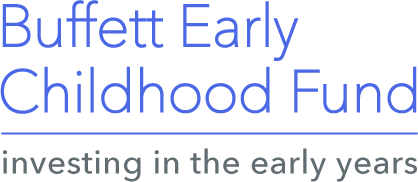What is Early Childhood Policy

What is Early Childhood Policy?
Throughout the world, interest in young children (birth-through-8-years-old) is soaring. Predicated on a wealth of knowledge that attests to the importance of the early years and the ability of quality services to improve children’s developmental outcomes, services that attend to the health, education, and care of young children are commanding greater attention. This interest has been manifest in significant increases in: the investments being made by policy leaders domestically and internationally to increase the quality and quantity of services provided; the number of young children being served; and the range of services provided.

Long-standing Challenges
Despite these advances, significant challenges that have long characterized early childhood education persist:
- Policies are often devised by people who do not represent the race, ethnicity, or background of the children they serve, limiting the impact of these policies.
- Policies are often layered atop the current hodge-podge of services, without requisite attention to their quality, accessibility, sustainability, efficiency, or effectiveness. Consequently, most policy efforts focus on pedagogical enhancements, with only scant attention accorded the policy and infrastructural elements that produce quality.
- Insufficient funding is attached to policies that support the infrastructure despite the abundant and increasing investments and the increased expectations for performance.
Addressing the Issue
To address these concerns and redress decades of doing business as usual, there is an urgent need to move beyond preparing pedagogical personnel and towards preparing a diverse workforce that will think differently, lead in new ways that prioritize equity and inclusion, and tackle the policy, infrastructure, and advocacy challenges that the present era of early childhood services inspires.
These leaders must know and represent the communities of enrolled children and must speak the languages of those being served. They must also understand adult learning, institutional change, systems theory, economics, and political science — all requisite domains for affecting the considerable social change that early childhood policy (ECP) requires. Not only pedagogical practitioners, but these future leaders need preparation in the disciplines and skill sets that will enable them to understand and use data, to think critically and outside the box, and to understand the nuances of the policymaking and implementation processes.
Such individuals need exposure to diverse social sciences, including economics, sociology, and political science so that they are equipped to join forces with pedagogical leaders as they design, analyze, and advocate for constructive policies driven by research and evidence-based practice.
Thus, early childhood policy focuses on the study and construction of a broad array of policies that equitably enhance the overall well-being of all young children and their families.



